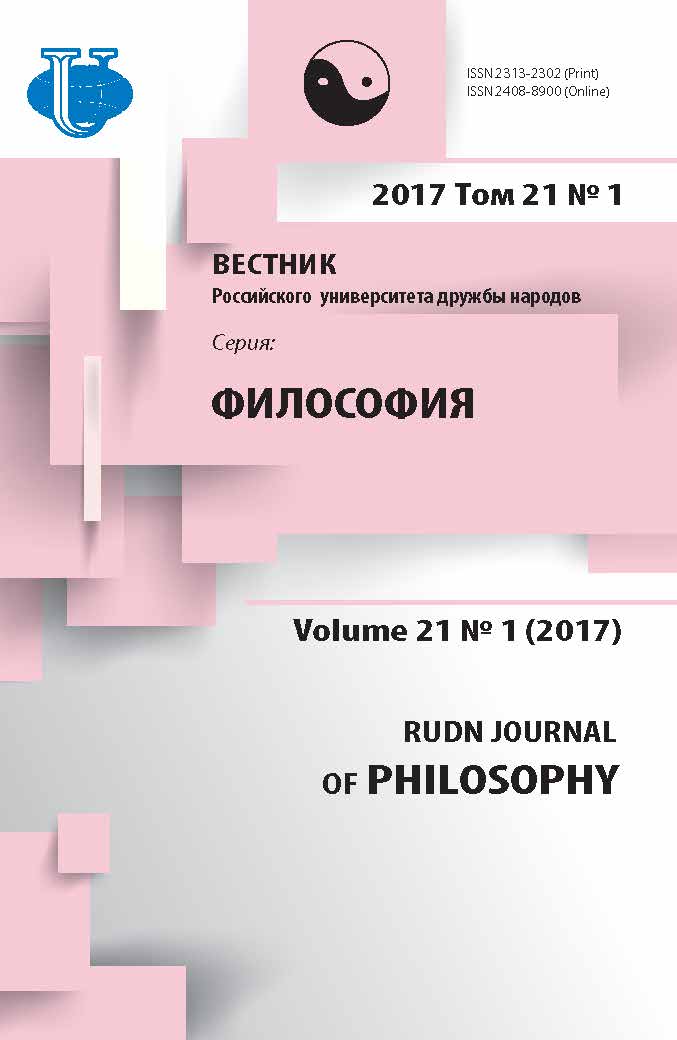Perspectivism as a philosophical strategy in Bhartṛhari’s 'Vākyapadīya'
- Authors: Desnitskaya EA1
-
Affiliations:
- St. Petersburg State University
- Issue: Vol 21, No 1 (2017)
- Pages: 33-41
- Section: Articles
- URL: https://journals.rudn.ru/philosophy/article/view/15636
- DOI: https://doi.org/10.22363/2313-2302-2017-21-1-33-41
Cite item
Full Text
Abstract
Bhartṛhari, the famous Indian linguistic philosopher (V CE) in his ‘Vākyapadīya’ discussed different doctrines on the nature of language, tending to demonstrate, that each of the doctrines is justified in a certain context and represents a certain aspect of reality. Modern scholars usually designate Bhartṛhari’s philosophy as perspectivism, though there are also disagreements with this interpretation. E.g. G. Cardona claims that Bhartṛhari’s perspectivism is generally exaggerated, and the true teaching expressed in VP is the monistic theory of the “Pāṇini-darśana”. So, the concept of Bhartṛhari's perspectivism needs to be further eleborated. In this paper two characteristic features of Bhartṛhari’s perspectivism are discussed, in order to clarify the essence of his philosophical strategy: (1) Functional attitude; (2) Relative incompleteness of every single doctrine. These features elucidate the essence of Bhartṛhari's philosophical method and provide us with the key to the problem of the balance between monistic and pluralistic tendencies in the ‘Vākyapadīya’.
About the authors
E A Desnitskaya
St. Petersburg State University
Email: khecari@yandex.ru
Department of Oriental Philosophy and Cultural Studies Universitetskaya nab., 7/9, St. Petersburg, Russia, 199034
References
















